Home Languages in Early Childhood Development in South Africa
.png?width=883&height=442&name=FNB%20School%20Shoe%20Campaign%20(2).png)
At Starfish Greathearts Foundation, we have chosen an approach recognising South Africa's linguistic diversity. Research conducted by Cummins (2016) emphasizes the critical role of mother tongue education in facilitating cognitive development. Children who receive instruction in their native language demonstrate greater proficiency in complex cognitive tasks compared to those who are taught exclusively in a second language. This underscores the importance of preserving and promoting mother tongues in educational settings.
Furthermore, mother tongue education fosters a sense of cultural identity and belonging among children. According to studies by UNESCO (2020), children who are encouraged to learn in their native language exhibit higher levels of self-esteem and pride in their cultural heritage. By validating their linguistic and cultural identities, mother tongue education promotes inclusivity and diversity within educational environments.
Mother tongue education has been proven to have a positive impact on academic achievement. A recent study conducted by Baker et al. (2020) found that children who received instruction in their mother tongue during the early years of schooling performed better than their peers in literacy and numeracy assessments. This indicates that a strong foundation in the mother tongue not only aids in learning but also sets the stage for future academic success. Considering what we know about cognitive development in young children, which is that almost 80% of neuronal connections are formed in the first three years of life with over one million new connections being created every second, it is essential to maximize linguistic exposure and enrichment during this critical period (Center on the Developing Child, 2007).
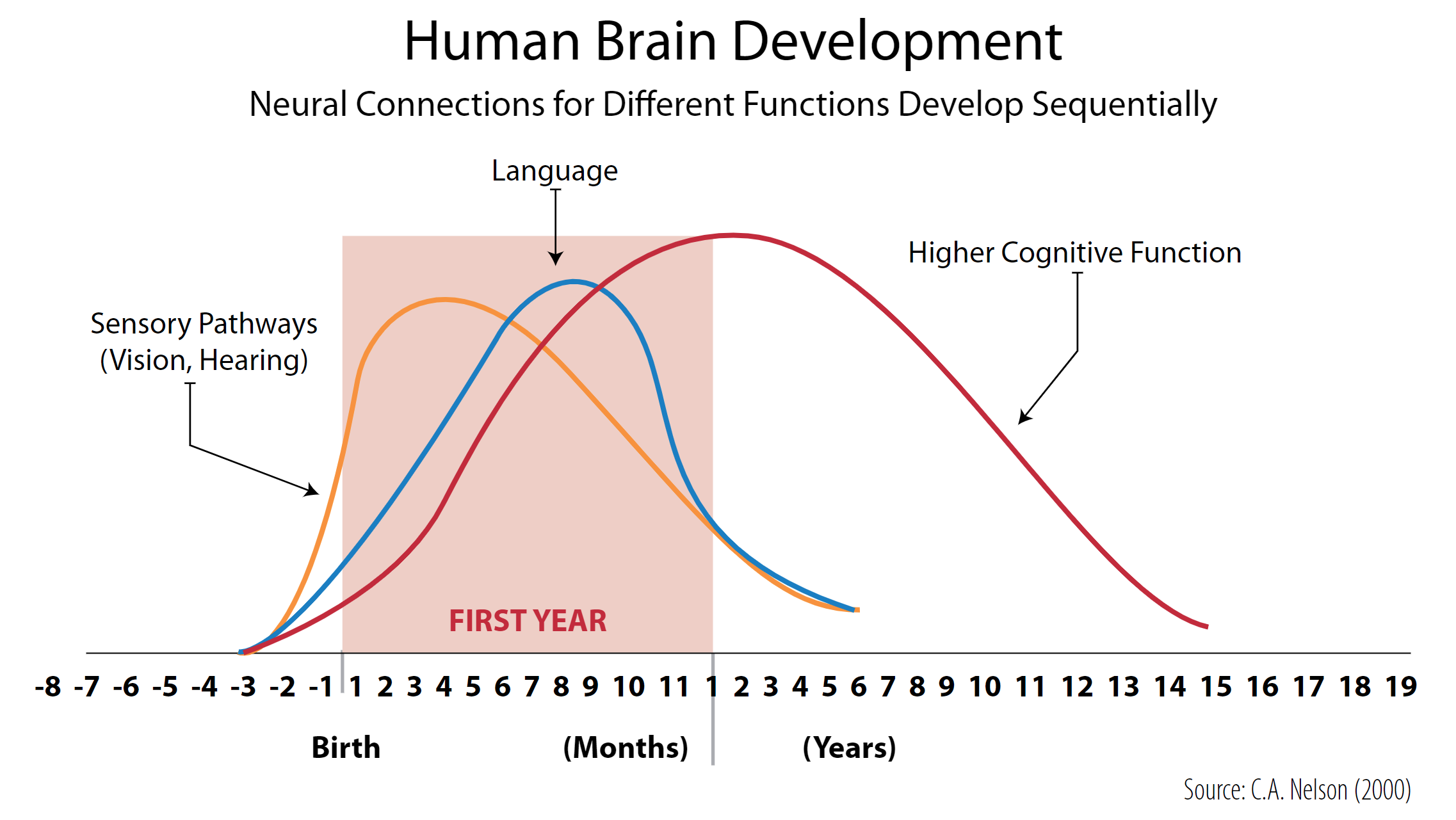
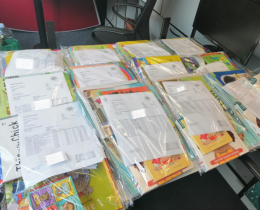
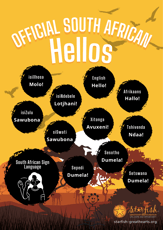 We also do not do this alone! We have partnered with Biblionef SA and Book Dash to distribute mother-tongue books and literacy materials in our classrooms. Book Dash took this a step further and donated books to take home for every child in our ECD programs in their home languages. It is also through the generous financial donations of our partners and supporters that we can continue our work on the ground.
We also do not do this alone! We have partnered with Biblionef SA and Book Dash to distribute mother-tongue books and literacy materials in our classrooms. Book Dash took this a step further and donated books to take home for every child in our ECD programs in their home languages. It is also through the generous financial donations of our partners and supporters that we can continue our work on the ground. 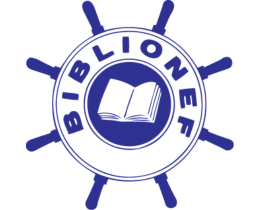
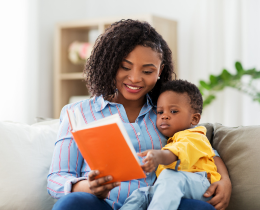
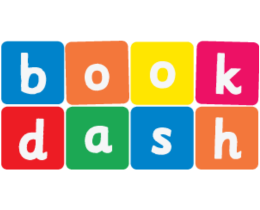
- Logan, J. A. R., Justice, L. M., Yumuş, M., Chaparro-Moreno L. J. (2019). When Children Are Not Read to at Home. Journal of Developmental & Behavioral Pediatrics
- Cummins, J. (2016). Mother Tongue Instruction and Educational Equity: Framing and Reframing the Issue. Language, Culture and Curriculum, 29(2), 109-124.
- UNESCO. (2020). Mother Tongue and Early Childhood Care and Education: Synergies and Challenges. UNESCO Bangkok.
- Baker, C., Wright, W. E., & Wigglesworth, G. (2020). Foundations of Bilingual Education and Bilingualism. Multilingual Matters.
- Skutnabb-Kangas, T. (2017). Language Rights. In R. Bayley, R. Cameron, & C. Lucas (Eds.), The Oxford Handbook of Sociolinguistics (pp. 455-474). Oxford University Press.
- Giese S., Dawes A., Tredoux C., Mattes F., Bridgman G., van der Berg S., Schenk J., Kotzé J. (2022). Thrive by Five Index Report
- Center on the Developing Child (2007). The Science of Early Childhood Development (InBrief). Retrieved from www.developingchild.harvard.edu.
- Nelson, C. A. (2000). Neural plasticity and human development: the role of early experience in sculpting memory systems. Developmental Science.
- van Staden, S. and Roux, K. (2021). PIRLS 2021 Encyclopedia: Education Policy and Curriculum in Reading, South Africa. International Association for the Evaluation of Educational Achievement.





.jpg?height=200&name=SGF%20Marketing%20Assets-189%20(1).jpg)